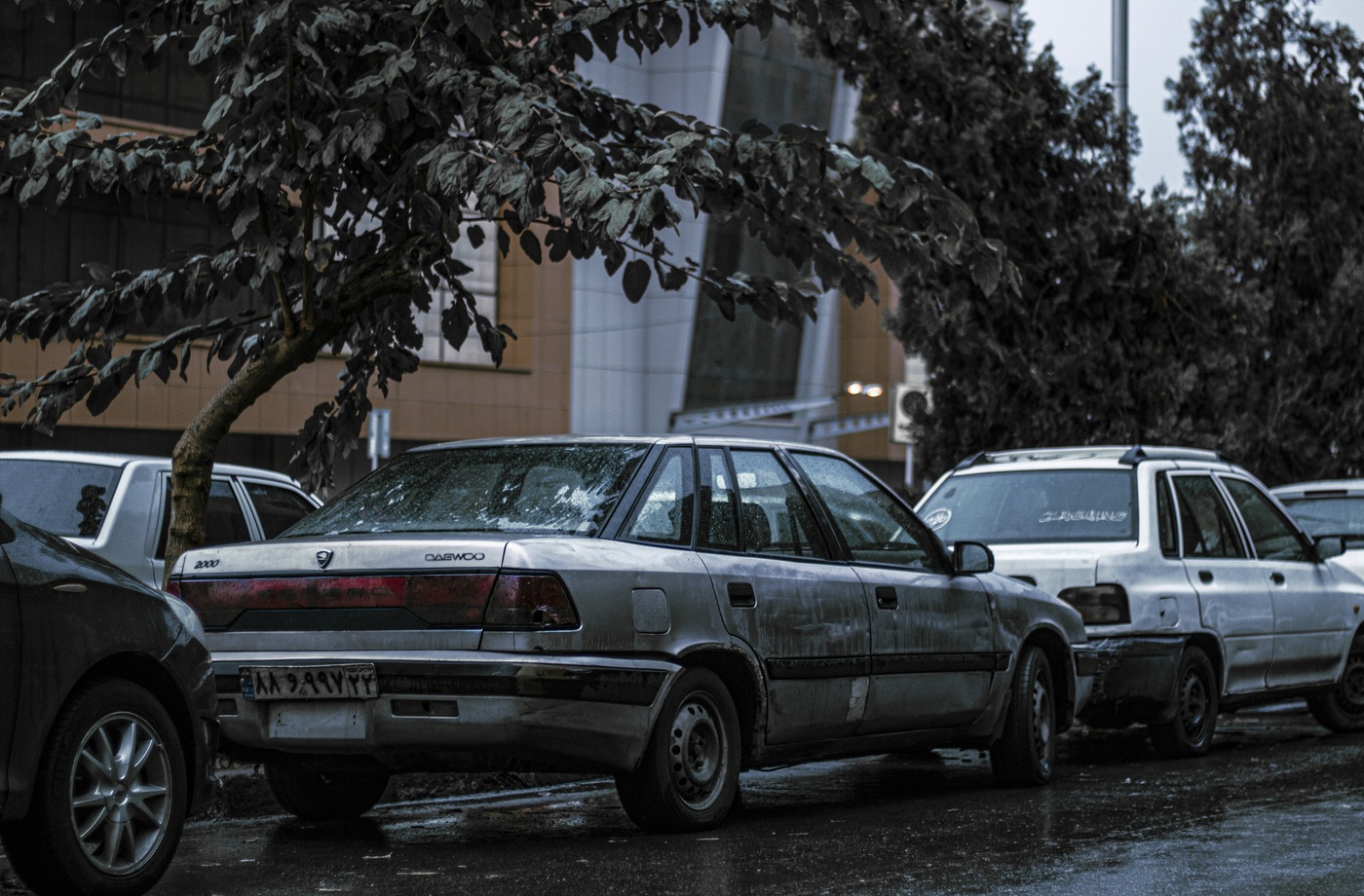Few things ruin a good day faster than walking back to your car and finding a bright orange envelope tucked under the wiper. Parking tickets are costly, especially in high-fine zones like downtown areas, entertainment districts, and major city streets. Fortunately, most tickets are entirely avoidable—if you know what to watch for and how to stay ahead of the rules.
Here’s how to steer clear of surprise fines and keep your parking stress (and expenses) in check.
Always Read the Entire Sign—Not Just the Top Line
Parking signs can be confusing, especially when multiple regulations are stacked on one post. You might see a “2 Hour Parking” sign and assume it’s fair game, but the smaller print underneath might say “Except 7–9 AM Mon–Fri” or “Permit Only After 5 PM.” Take a moment to read all the way down—and double check for arrows or time restrictions.
Know the Hotspots for Towing and Enforcement
High-fine zones are often located near government buildings, bus lanes, schools, and loading zones. These areas are strictly monitored and often enforced to the minute. Cities like New York, San Francisco, and Washington D.C. use digital systems to track expired meters and street violations in real-time. If you’re unsure about a zone, it’s usually safer to park a few blocks away in a designated lot or garage.
Set a Timer (Or Two)
If you’re using a metered space or time-restricted parking, set a timer on your phone for 10–15 minutes before your expiration. This gives you enough time to return to your car or extend your session if your parking app allows it. Apps like ParkMobile and PayByPhone offer in-app reminders and extend-from-anywhere features in supported cities.
Don’t Trust Verbal Promises
Never rely on someone saying, “It should be fine to park here.” Enforcement officers won’t care if the store clerk said it was okay or if the spot was clear yesterday. If you’re uncertain about a loading zone, restricted curb area, or partially covered sign, err on the side of caution and move on.
Watch for Temporary Restrictions
Cities often post temporary tow-away notices for street cleaning, construction, or special events. These signs might be added a day or two before the restriction takes effect—and if you’re parked overnight, you could miss the update. Check the pole and surrounding area carefully, especially in urban residential zones or entertainment districts.
Don’t Block Driveways, Hydrants, or Crosswalks
Even partially obstructing a driveway or stopping too close to a fire hydrant can result in a hefty fine or a tow. Make sure your car is well outside the 15-foot clearance zone for hydrants and not within the 20-foot minimum of a crosswalk or intersection.
Use Parking Apps to See Enforcement Zones in Real Time
Apps like SpotAngels crowdsource parking data and show ticket hot zones, sweep schedules, and pricing info in real time. Some cities even integrate enforcement data, helping you spot riskier areas before you pull in.
Know When to Fight a Ticket—and When to Pay
If you do receive a ticket, don’t automatically assume you’re in the wrong. Double check the signage, take photos, and verify the date and location. If you believe the ticket was issued in error, most cities have online dispute portals. For example, San Francisco and New York City allow you to upload evidence and file a challenge digitally.
Avoiding parking tickets in high-fine areas comes down to reading signs carefully, setting reminders, and knowing where enforcement is most active. A few extra seconds of awareness can save you $50, $100, or more—and make your next trip downtown a lot less stressful.



